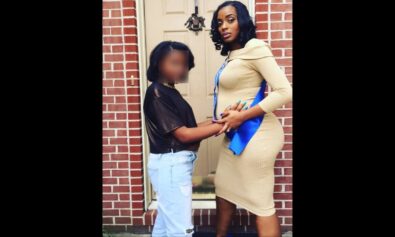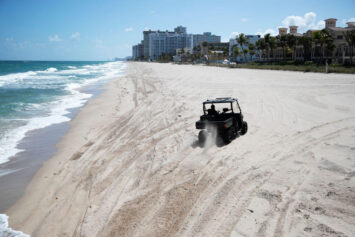Just as kids are heading back to school, a slew of scary headlines warning about a precipitous rise in whooping cough in Massachusetts and toxic chemicals in school supplies may have some parents concerned about school health hazards. I asked a few local experts to provide some perspective on the latest safety concerns and how parents should deal with them.
1. Toxic chemicals in school supplies. An August report issued by the nonprofit Center for Health, Environment and Justice found that 15 out of 20 vinyl school supplies that were tested in a lab had elevated levels of phthalates, a synthetic chemical found in soft plastics. These products, which included soft lunchboxes emblazoned with Spiderman and Dora, backpacks, 3-ring binders, and raincoats, all had phthalates at higher than the maximum level allowed by the federal government for toys. (The government has no standard in place for phtahalates in school supplies.)
The chemicals are thought by some to be worrisome because they bind to cells and can alter the production of certain hormones such as insulin or estrogen; some studies have linked high levels to an increased risk of diabetes.
“The research, conducted primarily in animals, is concerning, though we still don’t have a lot of data on human risks,” said Dr. Mark Schuster, chief of general pediatrics at Boston Children’s Hospital. “But if you have the type of kid who chews on everything from raincoat sleeves to backpack straps, you may want to look for products that don’t contain phthalates.”
Products labeled “PVC-free” are a good indicator, because they aren’t made of vinyl, which is likely to have high amounts of phthalates, according to the Center for Health, Environment and Justice. Shiny plastic raincoats, backpacks, and lunch boxes often are made of vinyl, so stick with ones made from fabric.
2. Whooping cough. Massachusetts has had 425 cases of whooping cough so far this year, which is a three-fold increase, and while state vaccination rates are high for pertussis — the bacteria that causes whooping cough — some kids and their parents need to make sure they get a booster shot, especially if they have young children at home who haven’t received all their vaccinations.
“The booster has only been around since 2005, so most adults haven’t had it yet,” Schuster said. Children need five doses before age six to get fully immunized; a booster is recommended every 10 years beginning at age 11…
Read more: Boston


